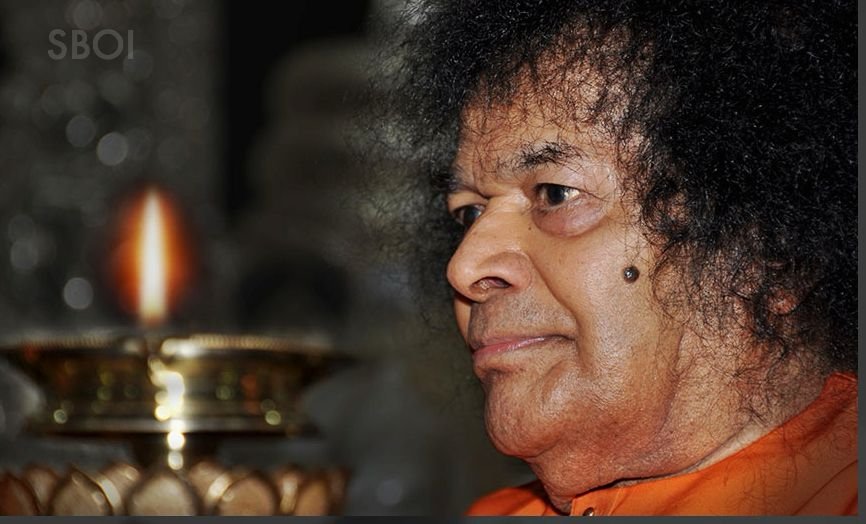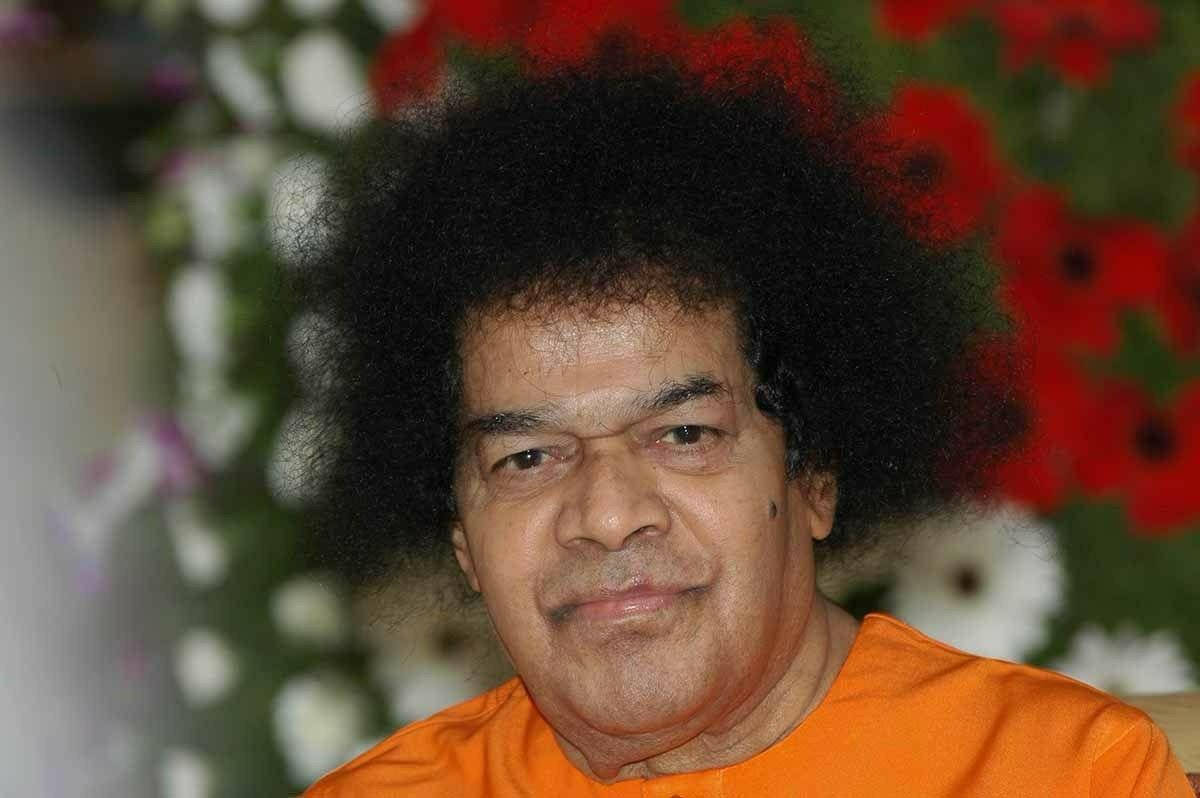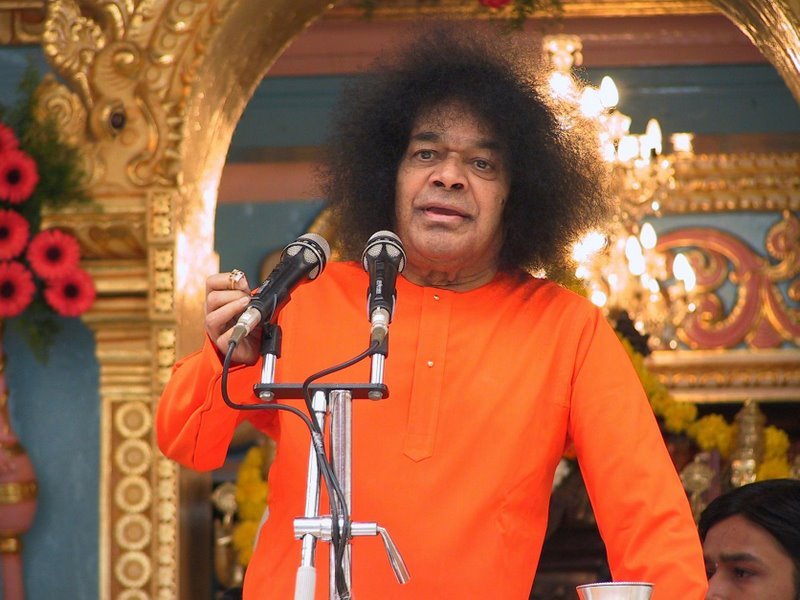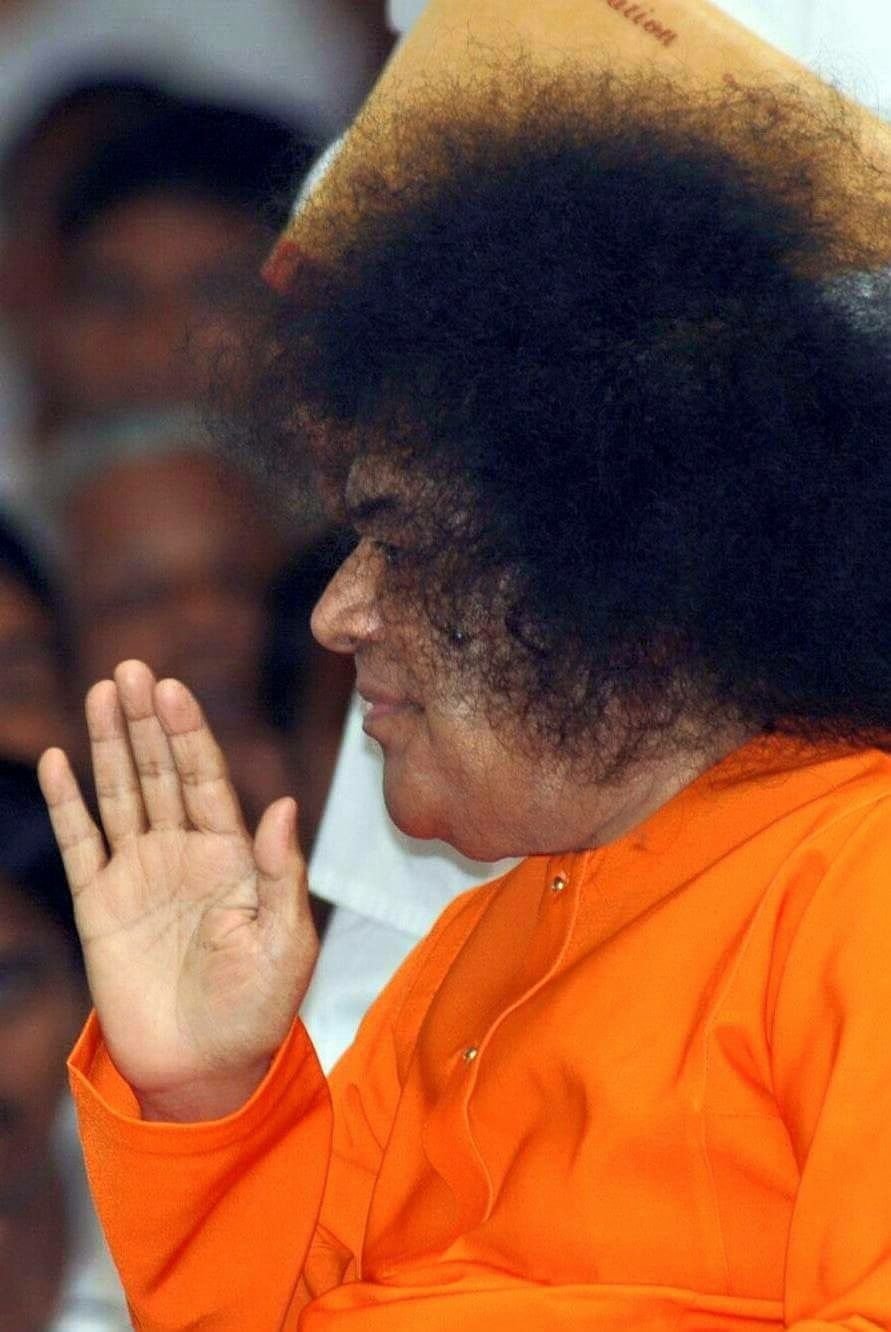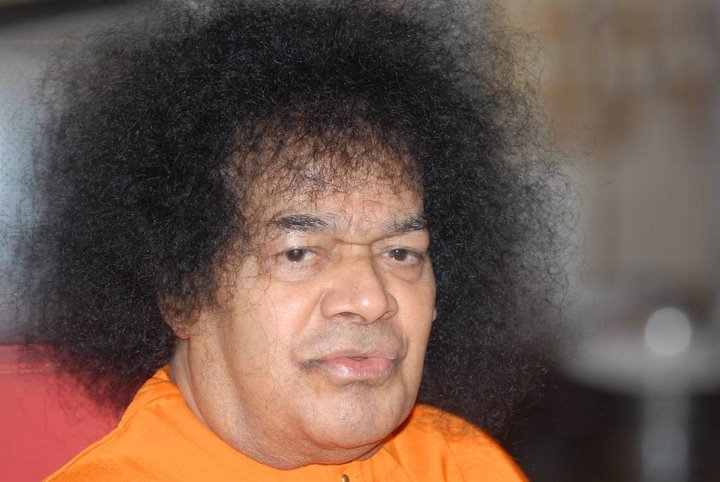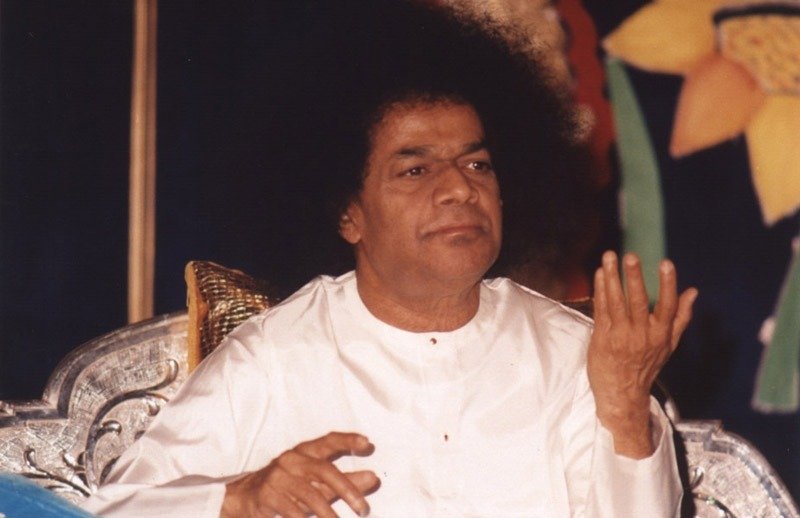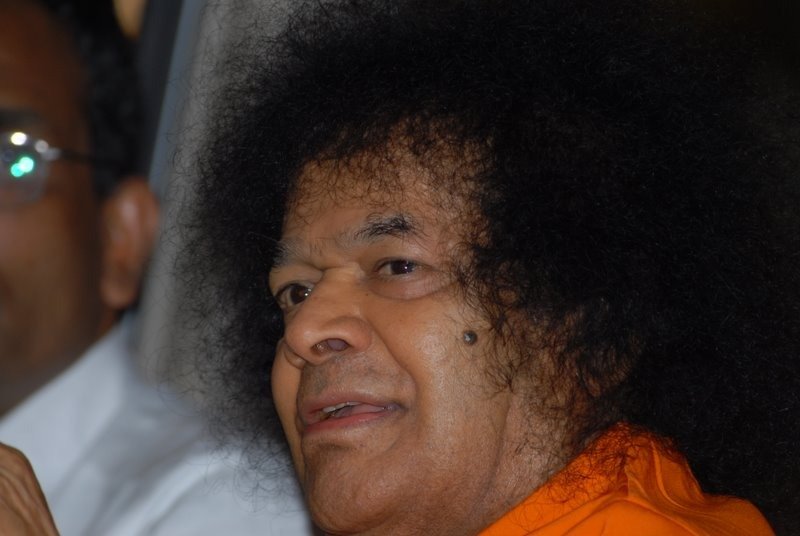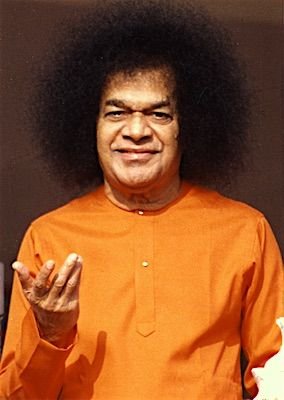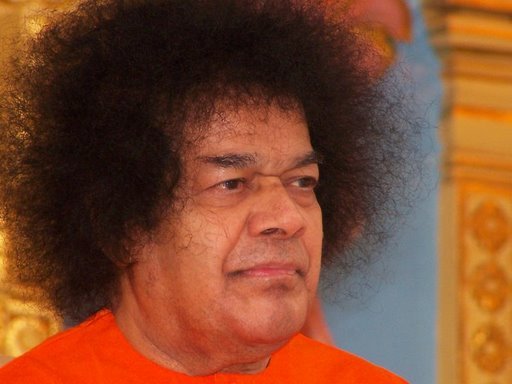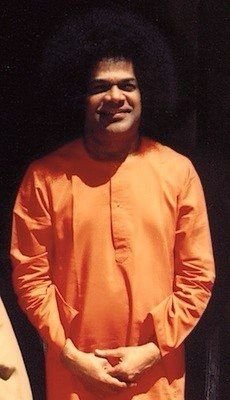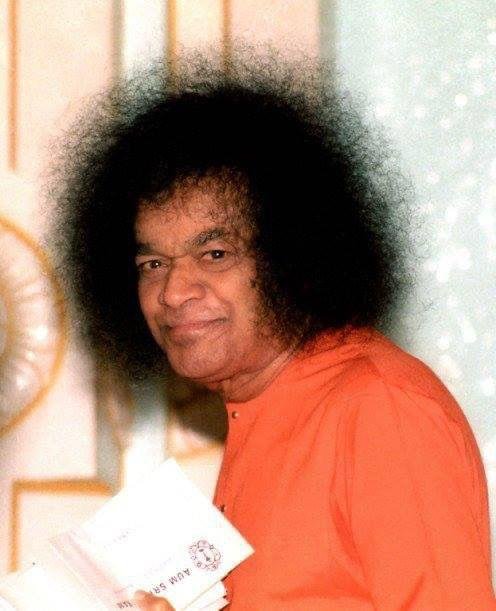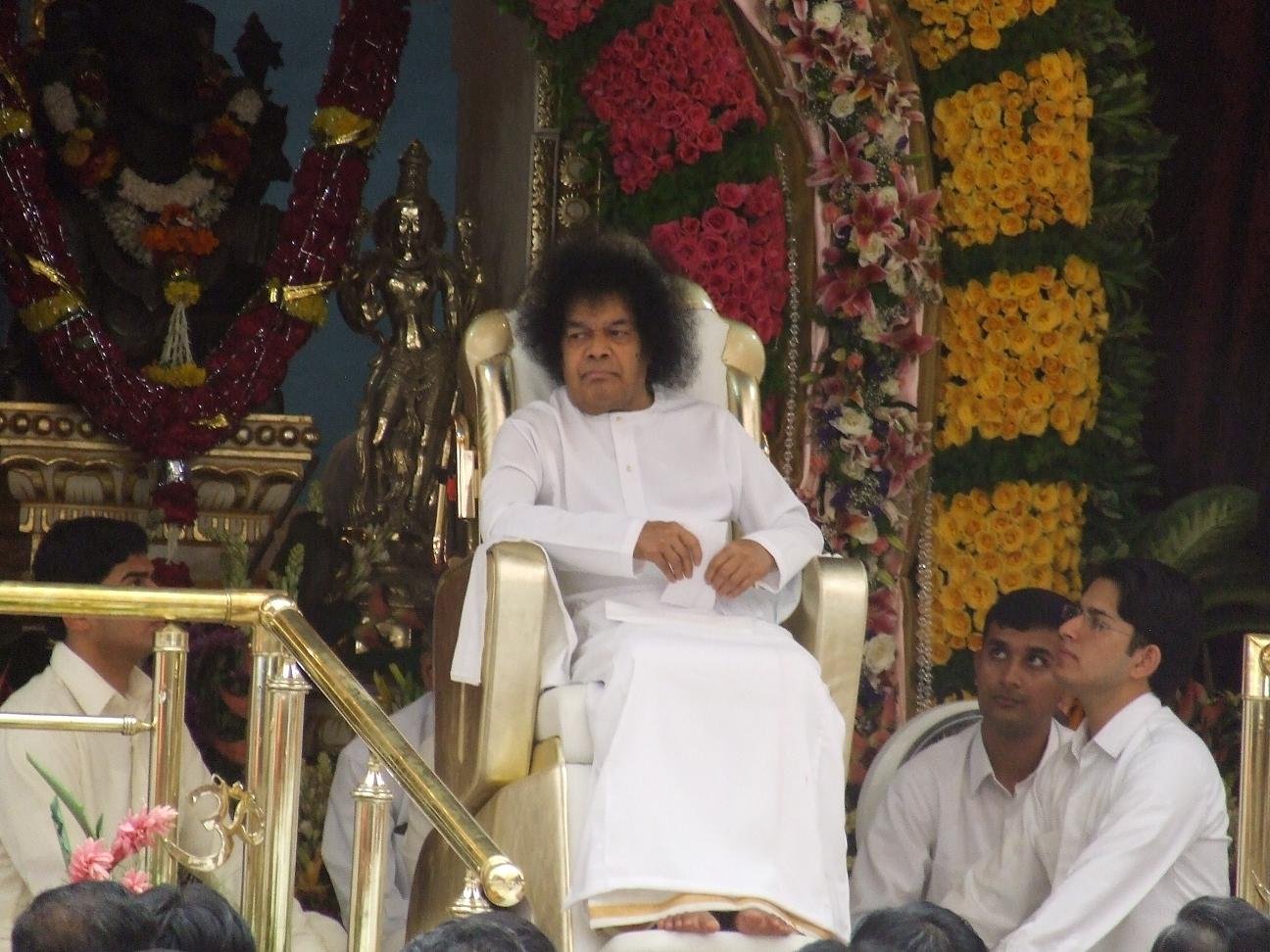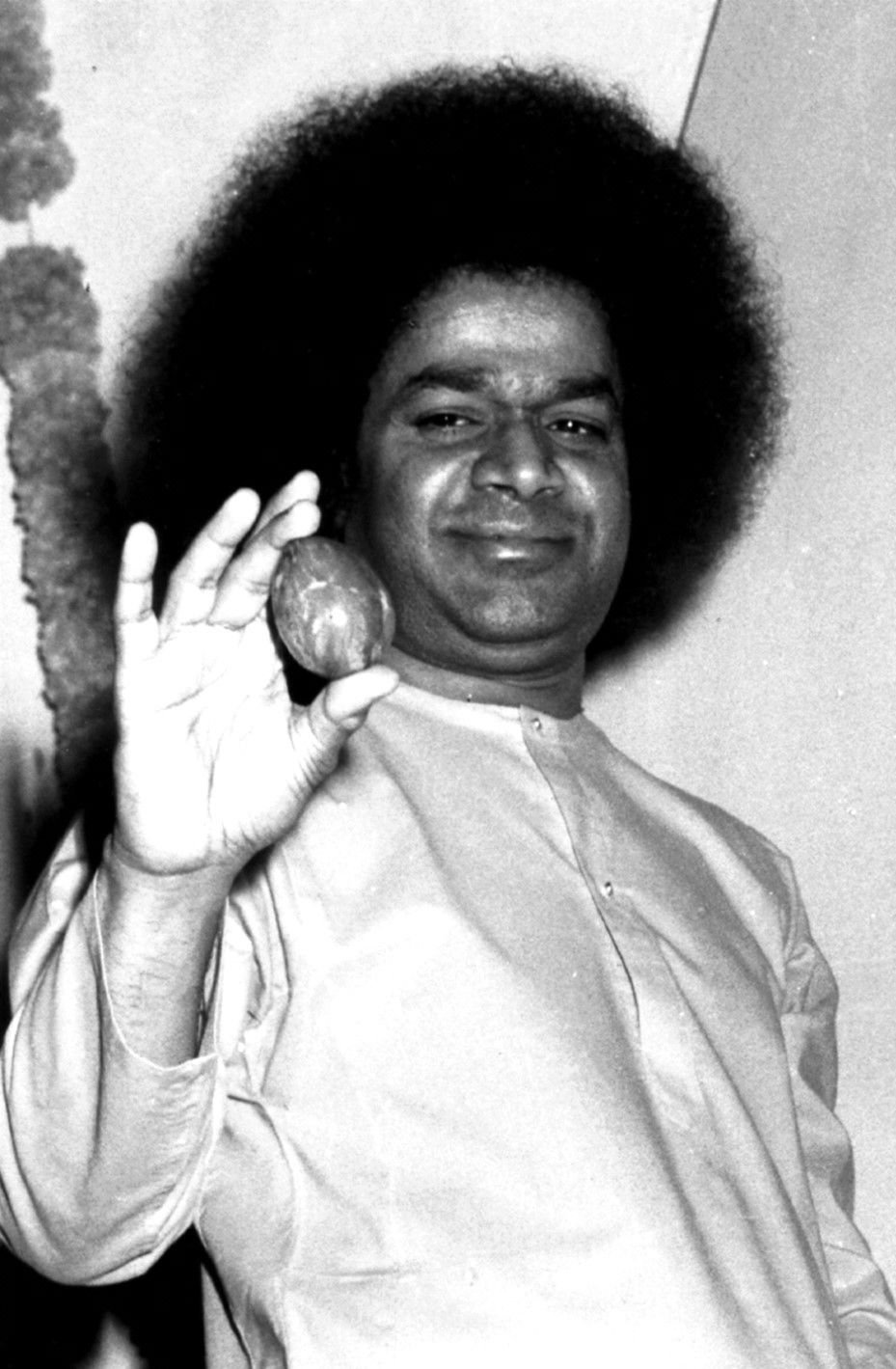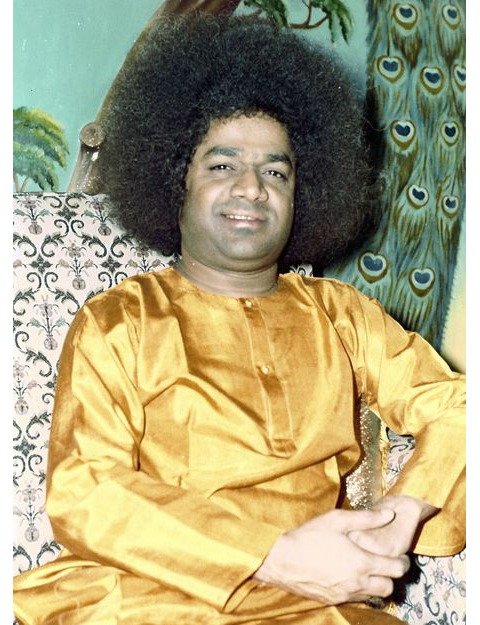Practice Yoga For Physical, Mental And Spiritual Well-being
On December 11, 2014 the United Nations General Assembly declared 21 June as the International Yoga Day, and hence we are celebrating today as the first Yoga Day ever. Ancient India’s contribution to the world of science, technology and medicine is immense, and the immensity of which is being acknowledged increasingly now, in the modern world. Most of this recognition has been very late in coming forth. As a result, for example, we still teach children in India the Fibonacci series named after the 13th century Italian scientist, with no reference to Virahanka (700 AD), Hemachandra (1150 AD) or even the genius Pingala (200 BC) who explained the theory much before! The above being a case in point to show how we value knowledge that we have imported or begin to value what is native when validated by the western world.
But one could say that Yoga is one contribution of ancient India that has been actively acknowledged and adopted by the world at large. So it is but befitting that this comprehensive science to improve one’s ‘standard of life’ be given a platform such as the International Yoga Day and thereby encourage the widespread adoption of its practice. The Asana and Pranayama are just two aspects of Yoga that have become popular for their practical value. So much so that when we speak of Yoga we only refer to these two. But Yoga by itself is a concept that is much deeper.

The word ‘Yoga’ comes from the root word, ‘Yuj’ that means, ‘to yoke or to connect’. So broadly defining it, we can say Yoga means to connect or attach oneself with something. And as one’s inner Divinity is what an aspirant is supposed to be after, Yoga is a means by which one establishes a connect with one’s own Divine Self. Physical health and mental tranquillity are two milestones one crosses in this journey, or akin to two byproducts of this profound pursuit. So it would indeed be fruitful for all of us to understand the essence and recognise the value of this ancient science. And what better way than to hear from Bhagawan.
To commemorate the first International Yoga Day, we present for you excerpts from the Divine Discourse delivered by Bhagawan on 30 May 1993 on ‘The Philosophy of Yoga’. Let us all listen, learn, imbibe and practice in our everyday life the message that Swami gives in this discourse.
In an international university in America, a physiology professor experimented in different ways. He was firm and determined to find the results, and so kept his focus on research. He is Carlton Cane. Just recently he arrived at the results. He discovered and concluded that, through Patanjali Yoga anything could be changed. Later, some other researchers conducted experiments at the university in Hawaii and recognised this truth too. Colleat, Sheaton and Johnson were the researchers and they conducted experiments in diversified ways. Among the three professors Johnson was quite astute.
He didn’t have any inclination or faith in Yogasana, but after the research results, he understood the misconception he developed towards Yoga. It is said in Patanjali Yoga Sutra, ‘Chitta Vritti nirodhakaha’. When the vagaries of the mind are controlled one can accomplish anything in life, one can improve one’s mental and physical abilities – this was also a conclusion they arrived at. They publicised that yoga is a must if one wishes to maintain good health without spending a penny and without going to doctors.



